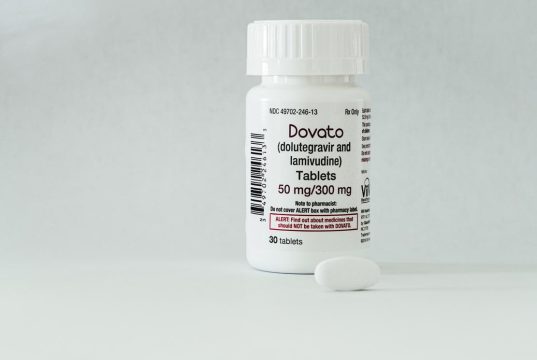Advertisment
Mirtazapine is ineffective, possibly dangerous, for agitation in dementia

Mirtazapine, an antidepressant often used to treat agitation in patients with dementia, is ineffective, researchers reported on Oct. 21, 2021 in The Lancet.
And the investigators found a potentially higher mortality with use of mirtazapine.
“Our results indicate that mirtazapine, given with normal clinical care, is not clinically effective compared with placebo for the treatment of clinically significant agitation in people with dementia,” the authors said. “This finding implies a need to change the present practice of prescription of mirtazapine, and possibly other sedative antidepressants, for agitation in dementia.”
As background, the authors noted that agitation is common in people with dementia, with significant negative impacts on patients and caregivers. Non-drug care is often inadequate to manage symptoms. Research has shown that antipsychotics increase death rates in this patient population. Mirtazapine has been routinely used as an alternative to antipsychotics.
In this new trial—the Study of Mirtazapine for Agitated Behaviours in Dementia trial (SYMBAD), the researchers enrolled 204 subjects with probable or possible Alzheimer’s disease, agitation unresponsive to non-drug treatment and a Cohen-Mansfield Agitation Inventory (CMAI) score of 45 or more.
They randomized the subjects evenly (1:1) to daily mirtazapine (titrated to 45 mg) or placebo.
The primary endpoint was reduction in CMAI score at 12 weeks.
The investigators reported that mean CMAI scores at 12 weeks were not significantly different between subjects treated with mirtazapine and subjects receiving placebo (p=0·53).
The incidence of placebo-treated subjects with adverse events (65 [64%] of 102) was similar in the mirtazapine group (67 [66%] of 102).
However, and notably, there were more deaths in the mirtazapine group (n=7) by week 16 than in the control group (n=1).
While one analysis indicated that the difference in deaths was not statistically significant, it was cited by the authors as a matter of concern.
The authors concluded, “This trial found no benefit of mirtazapine compared with placebo, and we observed a potentially higher mortality with use of mirtazapine. The data from this study do not support using mirtazapine as a treatment for agitation in dementia.”





